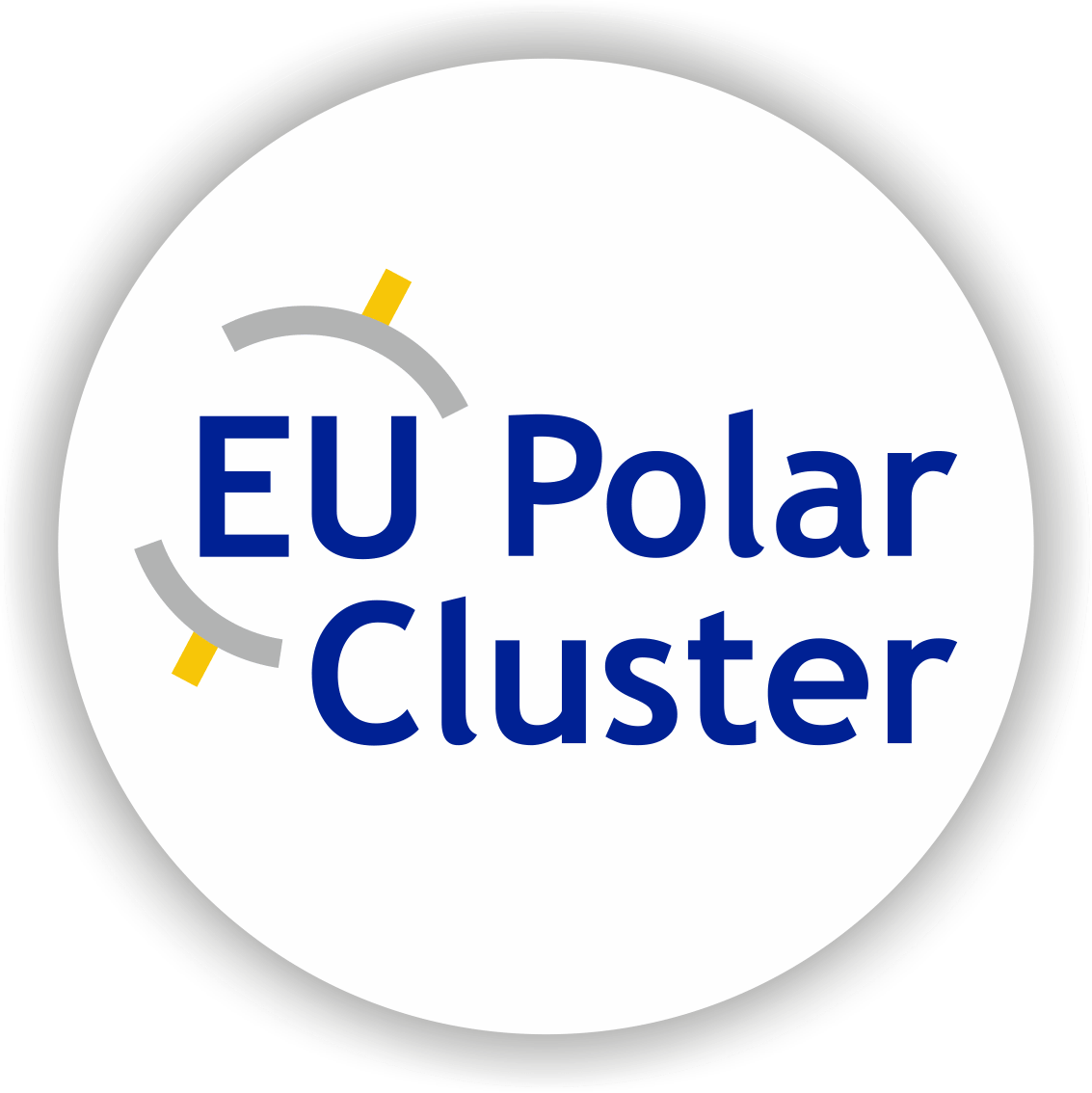Scroll down for the event’s photogallery
The 2nd International Conference on Marine/Maritime Spatial Planning (MSP) took place at UNESCO, Paris, on 15-17 March. The conference brought together 300 MSP practitioners, consultants, environmental managers, policymakers, and social-economists. The participants discussed the lessons learnt in the MSP process, and looked ahead, re-confirming the critical role of MSP for a broad range of ocean-related issues, from environment to economy (international ocean governance, Agenda 2030, blue economy, climate).
EuroGOOS showcased the importance of ocean knowledge and information for informed decision-making in the MSP process. At our exhibition stand, the conference participants were learning about the ongoing European efforts across the whole marine data value chain, from data collection, to data aggregation and processing, to data services and products for various types of users. Copernicus Marine Service, CMEMS, activities were showcased, delivering a comprehensive set of marine data products based on the information from both satellite and in-water observations. Other initiatives profiled included the European Marine Observation and Data Network, EMODnet, the European Atlantic Ocean Observing project, AtlantOS, and an integrated European ocean observing framework, EOOS, facilitated by EuroGOOS jointly with the European Marine Board.
‘MSP is a data-hungry process’, shared Laura Whitford during her conference talk about the Coral Triangle Initiative. The initiative has developed an atlas providing a database of spatial and non-spatial information relevant to MSP, including, marine data and environmental and policy documents.
Complexity and integration were the key words of the conference, as regards the diversity of data requirements and the governance bottlenecks in the MSP process. This applies to both sub-national governance (involving a better coherence among various national bodies with the authority over the coastal ocean), as well as regional and international governance. Charles Ehler, UNESCO’s MSP consultant and a renowned world expert, explained that even with an optimistic projection that 80 countries will have MSP in their Exclusive Economic Zones (EEZ) by 2030, 60% of the ocean space is beyond national jurisdiction.
UNESCO pioneered international discussions on the requirements for MSP with the 1st International Workshop on MSP in 2006, contributing to an integrated approach to MSP both in Europe and worldwide. In 2009, UNESCO published a set of MSP guidelines which has served as a reference document ever since. With its 2008 Integrated Maritime Strategy, the European Union identified MSP as a cross-cutting policy tool enabling public authorities and stakeholders to apply a coordinated, integrated and trans-boundary approach. In 2014, the EU adopted an MSP Directive, and further emphasised the need for MSP in its Ocean Governance Communication 2016.
MSP is critical for an effective management of marine activities and sustainable use of ocean resources, creating a framework for consistent, transparent, sustainable and evidence-based decision-making. Therefore, MSP requires a wide range of baseline marine information and data which should be up-to-date, objective, reliable, relevant and comparable. ‘This is a unique moment in oceanography’ concluded Vladimir Ryabinin, Executive Secretary of the UNESCO’s Intergovernmental Oceanographic Commission in his conference speech.
The conference was organized jointly by the European Commission’s Directorate General for Maritime Affairs and Fisheries (DG MARE) and UNESCO’s Intergovernmental Oceanographic Commission (IOC).
Visit the conference website
The post Marine/Maritime Spatial Planning Conference, 15-17 March: Key points and EuroGOOS showcase appeared first on EuroGOOS.


















